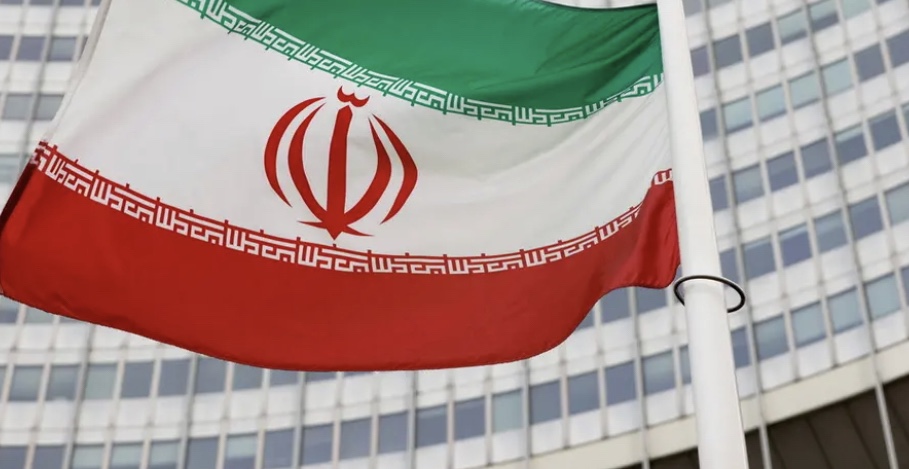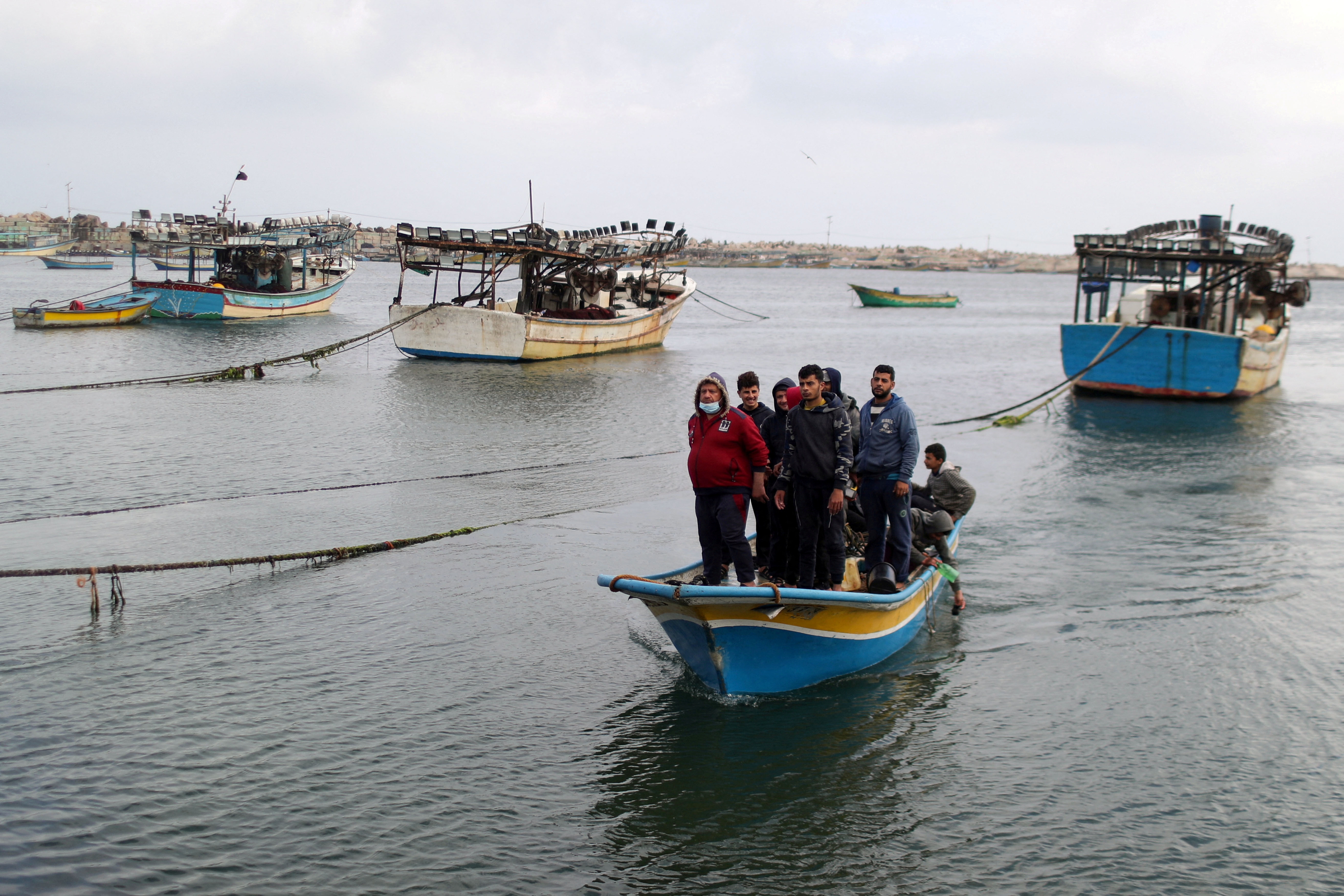
UN report says Iran has enough uranium to produce nuclear weapons
SCOTT SIMON, HOST:
The headlines like this one from The Wall Street Journal are ominous – U.N. Says Iran Has Enough Uranium to Produce Nuclear Weapon – and it comes as negotiators continue to struggle to restart the Joint Comprehensive Plan of Action, the nuclear deal that was struck with Iran in 2015 the Trump administration pulled out of three years later. Laura Rozen joins us. She covered the negotiations and now sits on the editorial board of Just Security. Laura, thanks so much for being with us.
LAURA ROZEN: Thank you for having me.
SIMON: You’re in possession of the U.N. reports as well. How do you feel about their assessment? Because material for and weapon can be different things.
ROZEN: Correct. And we knew this was coming because the IAEA – the U.N. atomic watchdog – had reported to the Europeans earlier in May that Iran had amassed a stockpile of over 40 kilograms of this 60% enriched uranium, which is not weapons-grade, but which is close. And what that means is, if it chose to, Iran could higher enrich that stockpile to weapons-grade in under two weeks, which, in theory, would produce enough fissile material for one nuclear weapon. The problem with that short breakout time is, in theory, it could occur between inspections by the IAEA inspectors, so that the concern would be that Iran could breakout to have enough fissile material for a weapon before the IAEA would detect it.
SIMON: The Biden administration wants to restart the Joint Comprehensive Plan of Action negotiations. What are the sticking points, and does Iran possessing enough material for a weapon change the nature of the stalemate?
ROZEN: You’re exactly right. You know, the Biden administration and the other parties have spent the past year in Vienna trying to get a deal where the U.S. and Iran would return to full implementation. In early March, they basically had a draft deal that would roll Iran’s nuclear program back to 6 to 9 months, so the breakout would take nine months instead of two weeks – where we are today. And it got stuck in early March in part by Russia’s war on Ukraine – Russia is one of the negotiators here – and in part over a non-nuclear request that the U.S. and Iran have been stuck on. You know, I email negotiators in Vienna, and they’re working on Ukraine, they’re working on other issues, so it’s really a very frustrating and dangerous moment – that they can’t take it over the finish line.
SIMON: You mention, of course, the effect of the war in Ukraine. Does Iran look at Ukraine today and think, you know, if they’d kept their nuclear weapons, Russia never would have invaded, so we should develop ours?
ROZEN: It’s hard to know. You know, the Iran policymakers have – are divided and have a lot of internal politics. It does seem to be maybe more of an internal politics issue in Iran. They’re very concerned, when they negotiate, not to be looking like they’re negotiating from a position of weakness. And, you know, you can imagine that there’s a lot of resentment on the Iranian side about them having been implementing a deal and the U.S. pulling out of it. So there’s huge mistrust, and that’s one of the factors, I think, that have made closing this deal very hard.
SIMON: Laura, from the viewpoint of global security, how necessary is it to constrain Iran’s nuclear program? I mean, they have pointed out in the past a number of nations do have nuclear weapons, and the United States is the only one who’s ever used one.
ROZEN: Well, first of all, Iran says that it does not seek a nuclear weapon. And, you know, it seems to be having a kind of nuclear threshold capacity. I think it makes a lot of the other countries in the region concerned they’re already dealing with Iranian-backed proxy forces that have sophisticated weaponry that they’re using in attacks against them. And so I think that it would be destabilizing for the world if Iran got a nuclear weapon, and there will be the potential for a conflict if Iran tries to cross that threshold.
SIMON: Laura Rozen writes about national security and foreign policy on Substack at Diplomatic and sits on the board of the forum Just Security. Thanks so much for being with us.
ROZEN: Thank you. Transcript provided by NPR, Copyright NPR.

